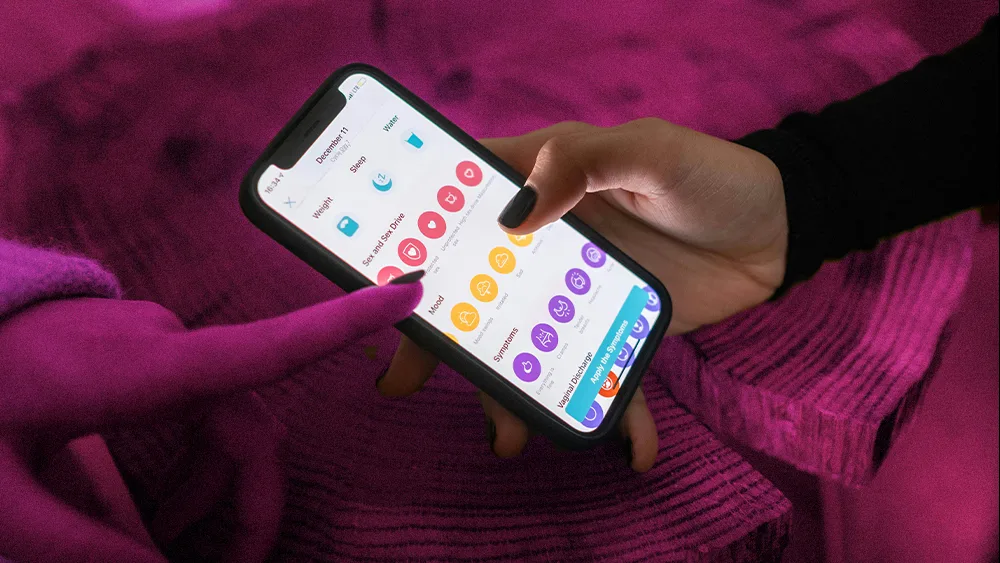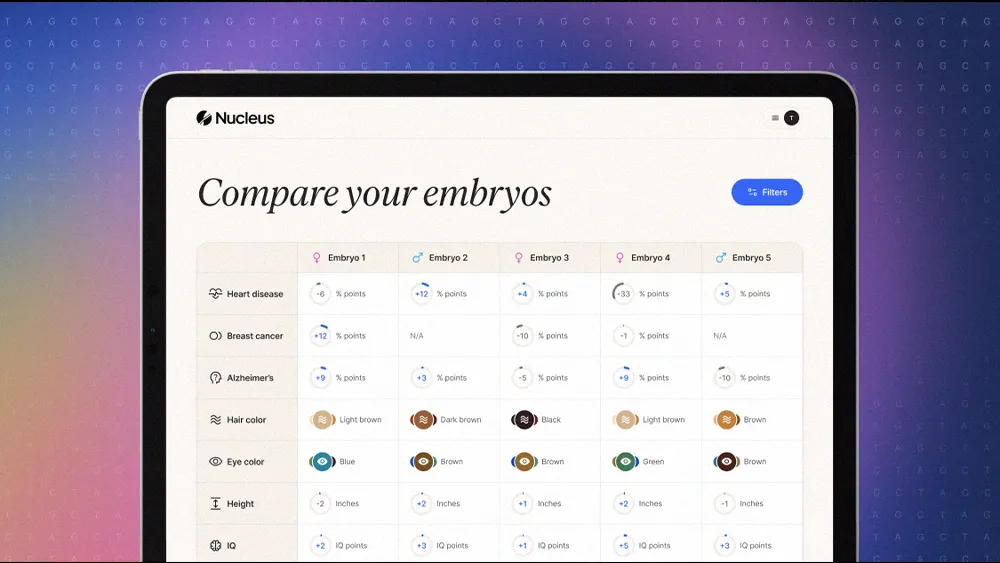A University of Cambridge report warns that period-tracking apps pose significant privacy risks by treating sensitive health data as a commercial asset.
The femtech industry profits from personal data, with pregnancy information valued over 200 times more than a user's age or location.
Past instances show menstrual data being used for surveillance, including investigations into failed abortions.
A new University of Cambridge report warns that popular period-tracking apps treat sensitive health data as a commercial asset, creating “real and frightening” privacy risks for millions of users. The study calls for public health bodies to develop safer, non-commercial alternatives.
Data is dollars: The booming femtech industry often relies on business models that exploit highly personal information, from contraceptive choices to sexual activity. That data is a highly profitable enterprise, with the three most popular apps downloaded over 250 million times. Pregnancy data is particularly sought-after, worth more than 200 times a user’s age or location to advertisers.
Data weaponized: The risks are not merely theoretical, as the report points to past instances where menstrual data was used for surveillance. In one case, health officials in Missouri used period-tracking information to investigate failed abortions, while another involved the federal government monitoring the cycles of unaccompanied minors to block them from receiving abortions.
Not all apps are equal: Some companies are pushing back against the report's broad conclusions. Clue, a popular subscription-based app, told the Mirror its business model relies on payments, not selling data, and that it only shares de-identified information for research with explicit user consent.
The bottom line: As femtech grows, the tension between user empowerment and data commodification is becoming a central battleground, forcing users to question who profits from their most personal health information.
Reading Recap:
How one app vows to defy government overreach
Users criticize Flo’s aggressive freemium model







